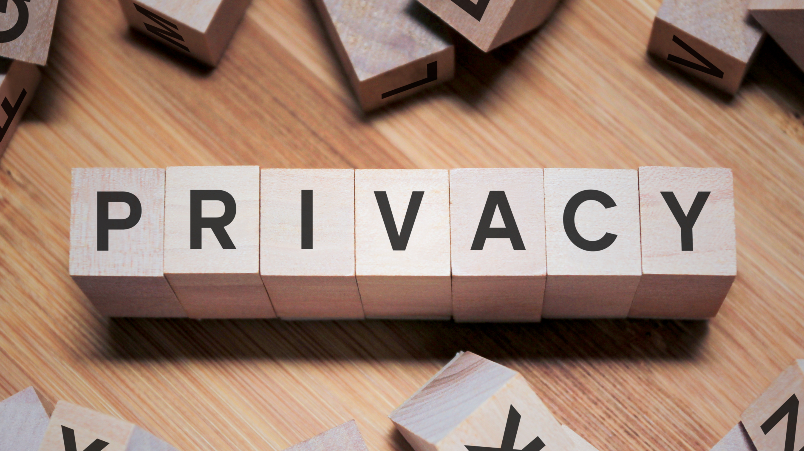Publishers more aggressively fighting privacy law overhaul than big tech, call for media exemptions

“Overall, Nine considers that the current Act is fit for purpose, and that the flexibility of the rules that it contains should be preserved,” Nine says.
In quite a twist to the Attorney-General's overhaul of privacy laws, in which the deadline to submissions have closed, documents filed by Australia’s biggest media groups, or their peak industry bodies, reveal major resistance on key proposals designed to give consumers more control and transparency over their data. It seems the government's proposals threaten the business models and data infrastructure media companies have been pouring into to match tech platform prowess - and booming ad revenues.
What you need to know:
- Australia’s media owners have blasted many of the Australian Government’s proposed changes to privacy laws, describing some as “overly prescriptive”, and undermining current laws that are fit for purpose.
- The position puts bodies like Free TV and Commercial Radio Australia at odds with tech giants like Facebook and Google, both of which have accepted there is likely to be significant change and urged the government to align with Europe’s GDPR.
- However, experts have previously told Mi3 that the government looks to be taking a significantly harder line than Europe's regulators.
Media industry lobby groups and individual publishers have come out aggressively against wholesale changes to Australia’s privacy laws, strongly opposing a proposed privacy tort (a legal mechanism that allows people to sue for damages), consent changes, and additions to what is meant by “personal information”.
Free TV and Commercial Radio Australia have opposed many of the proposals the Australian Attorney General’s Department has proposed in a discussion paper released last year with submissions now also published.
Currently, there are 13 Australian Privacy Principles that govern data and how organisations manage privacy. There are some exemptions for journalism and political parties.
“Free TV Australia is concerned that the proposals in the Discussion Paper move away from the principles-based and technology neutral privacy regulatory framework that has worked well to date,” Free TV said. Some of the proposals put forward by the government were “overly prescriptive” while others were too vague, it added.
CRA mirrored Free TV’s submission, adding that there are “very few, if any” examples of systemic problems related to media organisations. “This supports CRA’s view that the status quo must be maintained in relation to media organisations,” CRA wrote.
Nine, in particular, backed the current iteration of the Privacy Act in its separate submission. Seven and News Corp did not make standalone submissions. On the issue of parental consent for children, Nine says it “does not consider there to be any problem”. On changes to ‘personal information’, Nine says “the current test is sensible”.
“Overall, Nine considers that the current Act is fit for purpose, and that the flexibility of the rules that it contains should be preserved,” it wrote.
Google, meanwhile, urged the Australian Government to align with Europe’s General Data Protection Regulation (GDPR) in many areas in its eight-page submission. Facebook said it was “very supportive” of aligning with international, GDPR-like standards. “A global contest is underway between different visions for the internet,” Facebook wrote.
Media owners like Nine, Seven, News Corp and 10 ViacomCBS have each invested significantly in their own first party data strategy in a bid to counter platforms like Google and Facebook's major disruption to their advertising revenues. While Facebook and Google have international experience aligning with more stringent privacy laws like GDPR – and face mounting legal and regulatory pressure across multiple geographies – local big publishers have a more singular focus and have historically held greater sway over local government policy. Free TV urged the government to allow a two-year period of transition for any changes.
